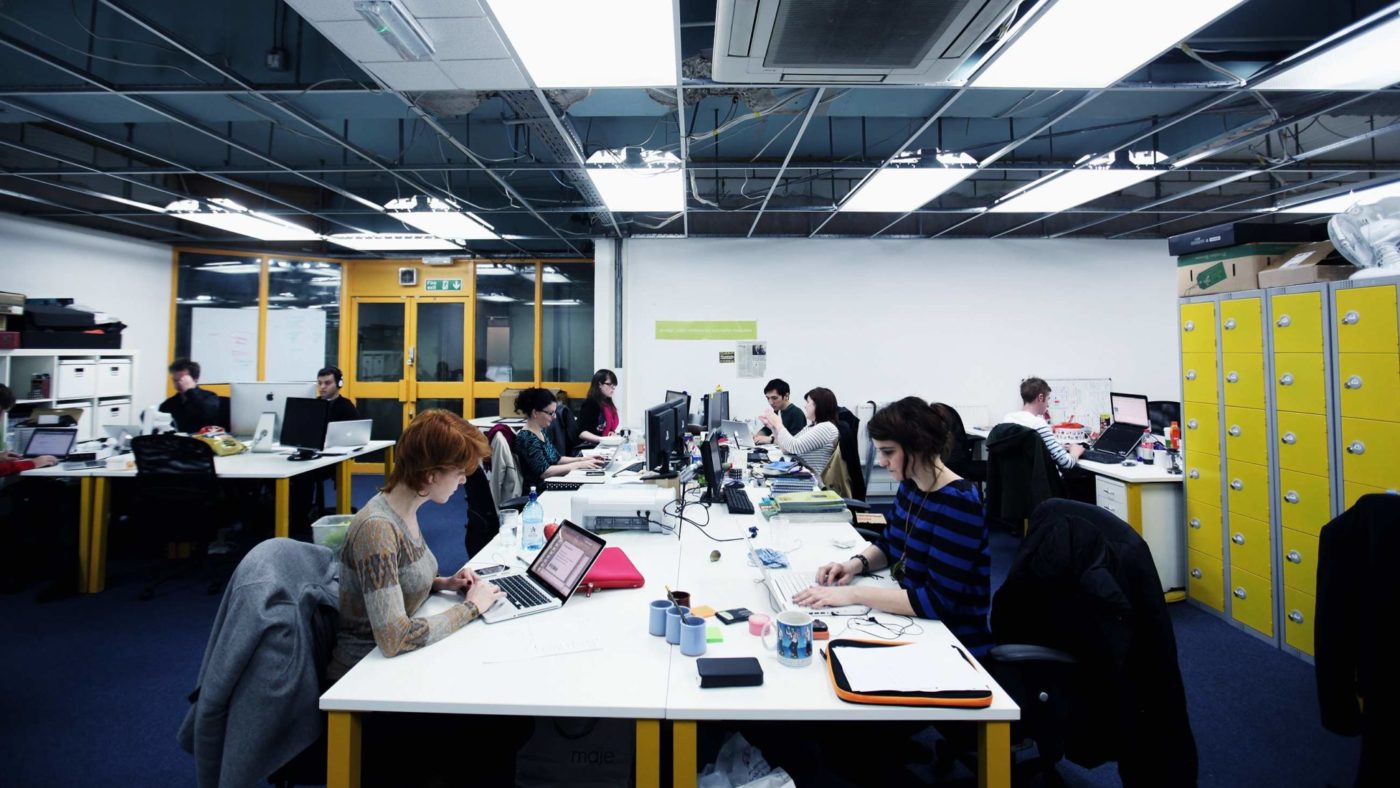It’s seen as a given that Brexit is hurting business and will continue to hurt business, whether or not we crash out of the EU without a deal.
We hear daily of companies moving their headquarters overseas or taking other forms of action in anticipation of our exit from the bloc. Financial services is one area of the economy that we can expect to suffer especially badly. Agriculture is another. But, according to the government’s own analysis, whatever happens, the country will be poorer.
This is not a political opinion. It’s simply the consensus. But British startup culture seems not to have got the memo. Data from Companies House shows that there were 11,864 software development and programming businesses incorporated in 2018—an increase from the 10,394 that were incorporated the year before. That’s an increase of 14 percent, and it wasn’t just restricted to London: tech firms were popping up in the south east, the north west. In fact, tech firms grew in every region in the United Kingdom except Scotland, where the number fell, and the north east, where the number stayed roughly the same. It’s as if Brexit is taking place in another room.
It would be easy to dismiss this as an anomaly. We all know that tech as a sector is growing rapidly everywhere. But startups still require a huge amount of resources and often financial backing just to get off the ground, and the startup landscape can be incredibly competitive. It isn’t as if you simply arrive at an idea and then find a programmer to turn it into a wildly popular app or piece of software.
It’s too simplistic, then, to suggest that tech is somehow crisis-resistant. More accurate is to say that in difficult times, the entrepreneurial spirit seems to come into its own. During the financial crisis of 2007 and 2008, graduates with energy and ideas started to realise that the cushy corporate job they would otherwise have drifted into might not be that good an idea after all. Startups began springing up like weeds. Vikas Shah, a professor of entrepreneurship at the Massachusetts Institute of Technology Sloan School of Management, told the Guardian that it was ‘a great time for startups’. He added that companies including Microsoft, FedEx, General Electric and IBM all came into being during or close to an economic crisis.
For startup founders, times of upheaval or crisis give them access to a vast pool of talent willing to be paid less. There are those let go due to the economic climate, but also those who see the precariousness of the conventional professional route and take the decision to join a small company and help it move up the food chain. There are also those who need second or third jobs: Airbnb and Uber, founded in 2008 and 2009 respectively, made use of the many people needing new sources of income to get off the ground.
The founders themselves are born problem-solvers: it’s often said, and it was this way with me, that entrepreneurs come up with a product because they have identified a problem and want to solve it. Necessity is the mother of invention. So it makes perfect sense that in times when there are many problems, consummate problem-solvers would come into their own.
And then there’s the nature of tech itself. It is borderless and international. It is the ultimate bridger-of-gaps. This gives tech startups and their founders a global perspective, as well as the ability to work with others and make progress regardless of differences in nationality or culture. It helps, of course, that English is the world’s lingua franca. And then there’s the agility and ‘pound-for-pound’ strength of tech startups. When institutions start to fail, a space emerges, and small, agile tech companies are well positioned to come in and perform the functions that were once the institution’s responsibility.
This is not to dismiss the problems that people in many areas of British life are facing. And it’s not to say that things will simply resolve themselves in the months to come. These are times of huge uncertainty. But in every crisis, there’s opportunity. And you’ll be hard-pressed to find a better illustration of that idea than in Britain’s thriving startup culture.
CapX depends on the generosity of its readers. If you value what we do, please consider making a donation.


